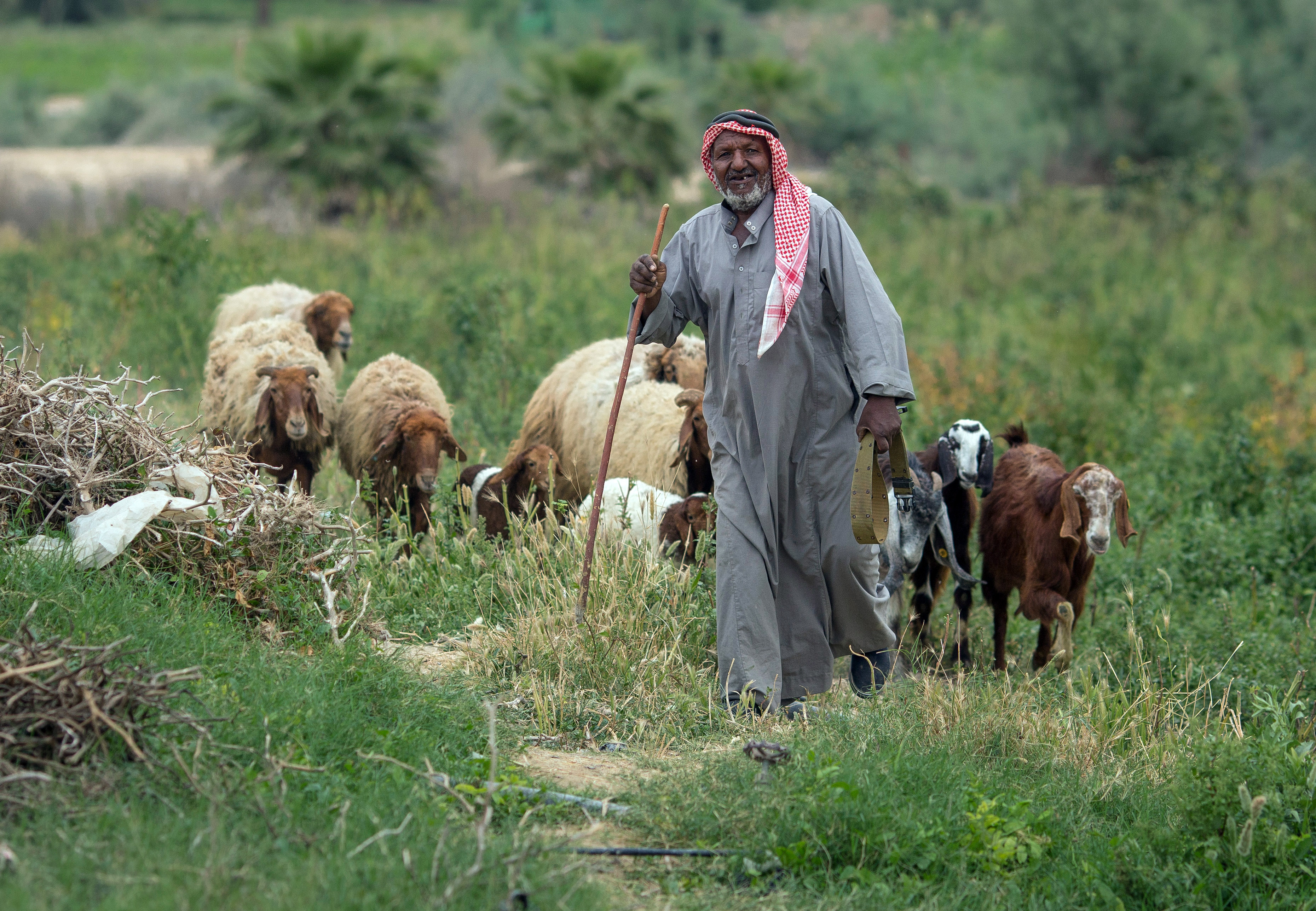Political situation Ambitious modernisation objectives
Shepherd in Jordan
In 2022, comprehensive amendments to the constitution and new election and party legislation were adopted. Within a period of ten years, the parliament is to become more representative, and the development of national parties is to be fostered. In 2024, the first parliamentary elections were held under the new election law. The voter turnout and the more moderate public discourse showed that some tangible progress on political modernisation had been made.
In parallel, the King and the government launched an extensive public sector reform. This administrative reform is intended to make serving the people the primary goal of all authorities. The government is hoping that the reform will also boost economic development. The focus is on enhancing efficiency and citizen participation, recruiting administrative staff on the basis of competency, and developing modern authorities that rely on digital technology.
In order to reduce the high unemployment rate, which is affecting women and young people in particular, the government launched a comprehensive reform package in 2022 to modernise the country's economy. The government is also resolutely tackling the task of adapting to climate change. Among other things, it presented a new water strategy in the first half of 2023 (see also Core area “Conserving nature and natural resources, protecting life on Earth”).
Foreign policy
The Jordanian government often plays an active role in international political processes. The country is acting as a mediator in the Middle East peace process. It has adopted ambitious climate targets. And in April 2025, it co-hosted the third Global Disability Summit in Berlin together with Germany and the International Disability Alliance.
Human rights
Jordan has signed all the main UN human rights treaties but in some cases has applied reservations to their provisions. Freedom of the press and freedom of speech are restricted, as is freedom of assembly and freedom of association. Although women have equal rights under the constitution, their social, economic and political participation is limited.
As at: 25/08/2025
